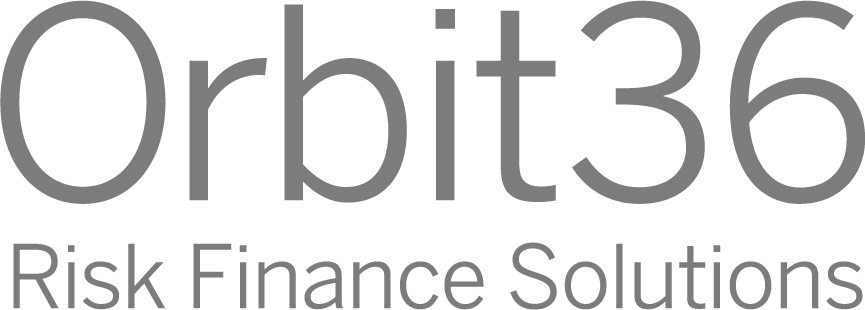When an unlikely scenario becomes reality – A few thoughts on the impact of COVID-19 on the future of stress testing

A year ago, I spoke at the Annual Bank Capital Management Conference on the usefulness of stress tests for ICAAP. If someone had asked me on that warm summer day how I would spend the last weekend in September this year, I would certainly not have expected walking in the snow and wearing a mask because of a pandemia.
The surprising developments in 2020 show the impossibility to cover all possible scenarios in regulatory and internal stress tests. This will have consequences on risk management and stress testing practices. As a lesson learnt, risk managers need to give more attention to the capabilities of developing and adapting stress scenarios quickly if the economic environment changes.
So far, we observed that risk managers often think that a crisis starts with a certain event and then follows a well-defined progression. If this were the case, banks and regulators would know when a crisis begins and at which point we are in the scenario. Hence, the stress test would need to cover only the remaining part of the predefined scenario.
Unfortunately, the reality is different:
- a real crisis follows at best roughly the pattern described in the scenario, so that it is not possible to figure out how much of the scenario has already progressed.
- a crisis is often triggered or accompanied by circumstances not covered by the scenario. Effective stress testing practices take into account such new information and concentrate on the anticipation of the possible outcomes given the already known development.
This requires a high degree of imagination and experience of scenario developers, which is unfortunately rather impeded than promoted by the attempt to develop scenarios in a rigorous formal way. In our view, banks and regulators should not prey to the illusion that risks can be solely mastered by rigid control and governance frameworks. Instead, they need to find the right balance between establishing strong governance and implementing effective controls which rule out material calculation errors and inconsistencies in stress testing results, but maintain the creativity and intuition of scenario developers, while ensuring sufficient management oversight. These skills are crucial to navigate a bank successfully through a crisis.
Orbit36 can help banks to design and implement their internal stress testing frameworks in a way that allows them to gain practical insights for risk management and capital planning.
